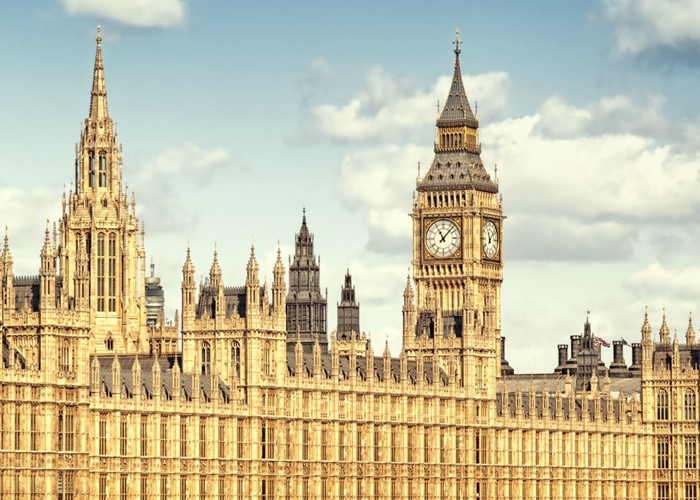Autumn Statement 2012: what it means for you

The Autumn Statement is done for another year. But what have George Osborne's decisions done to your bank balance?
Chancellor George Osborne has delivered his 2012 Autumn Statement on the economy and public finances to Parliament. But what did he announce and how does it affect your money?
Income Tax
The Chancellor increased the threshold for the 40% higher rate of Income Tax from £41,450 to £41,865 in 2014 and then £42,285 in 2015. However, he admitted that this was a real-terms reduction due to the effects of inflation.
This was balanced by an extra £235 increase in the tax-free Income Tax threshold to £9,440 from April. The Government has continually pledged to raise the threshold to £10,000 by 2015.
Fuel duty
It was widely predicted that the Chancellor would postpone the 3p increase due to come in next month and that’s exactly what happened. The increase would have added £2.53 to the cost of filling up an average family car. That increase has been completely scrapped.
An increase planned for next April has been moved to September.
Pensions
The Basic State Pension will go up by £2.30 a week from April.
One of the most talked-about issues in the run-up to the Autumn Statement was the possibility of a cut in the pension tax relief limit for higher earners. And that’s indeed what happened as the annual limit was cut from £50,000 to £40,000, with the lifetime allowance cut from £1.5 million to £1.25 million.
As well as the tax it may generate, the Chancellor justified this by saying that the median pension contribution is £6,000 a year.
Experts have said that this decision has broken a Government promise not to cut the amount of relief until 2016 at the earliest.
Read Autumn Statement: Don't raid pensions, George for Ed Bowsher's thoughts on this.
Benefits
With the Government still very much in deficit, further welfare cuts were always likely. And that’s what happened, as most working-related benefits will only be increased by 1% from next April, rather than the 2.2% they were due to increase by.
However, Child Benefit will increase by 1% from April 2014.
Support for Mortgage Interest
After the credit crunch, the Government introduced Support for Mortgage Interest (SMI) payments to help borrowers cope with their repayments, and cut the threat of repossessions.
This help was due to be scaled back at the end of this year, but has instead been extended for another two years.
ISAs
The ISA allowance will be increased to £11,520 from next April, which is ahead of inflation, although only half of that amount can be saved in cash. There will also be a consultation on including shares in AIM-listed and other smaller market-listed companies in ISA offerings.
Capital Gains Tax
The Capital Gains tax threshold will be increased by 1% from April 2014.
Inheritance Tax
The Inheritance Tax threshold, currently frozen, will increase by 1% to £329,000 in April 2014.
More on Government policies
How to keep your Child Benefit
Government green plans to push energy bills up by £95
George Osborne proposes employee share schemes in return for rights
Benefit reform: all you need to know about the Universal Credit
Planning permission ditched for extensions and conservatories
Comments
Be the first to comment
Do you want to comment on this article? You need to be signed in for this feature